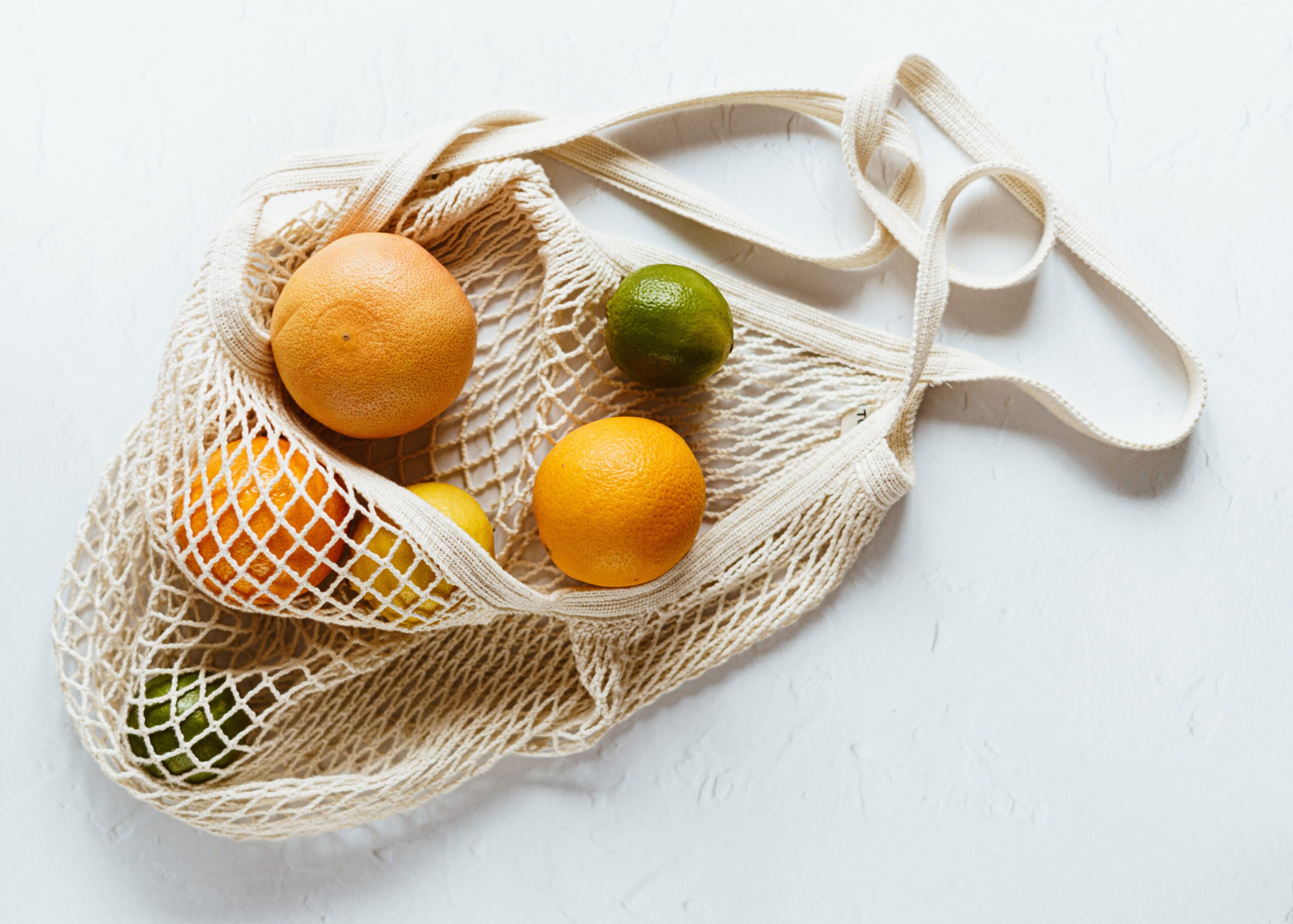Blog Posts
Looking into a crystal ball: future trends in FMCG and Retail
March 24, 2022

The food and beverages industry has seen much development in its approach to sustainability, and our recent study has revealed just how far people are prepared to go (or not to go) to support sustainable products in food and drink. We asked 5,600 consumers in seven large markets: United Kingdom, United States, India, China, Sweden, Brazil, and Germany, about their opinions on what they wish will happen in the future, looking at a variety of industries such as FMCG, Food and Beverage, Packaging, and Retail.
Sustainability was one of the focal points of the study since it’s becoming a growing concern for many individuals in everyday life. As a result, many people are starting to transform their habits to be more mindful of the environment, and brands have also developed towards a greener way of operating.
With that said, there are differences in specific markets’ attitudes to food, beverages, and sustainability. For example, we found that people in the UK are unwilling to make long-term changes when giving up things they enjoy. On the other hand, India and Brazil are more open to extreme changes in their diet.
So, what do consumers wish will happen 10 years down the line?
Edible Packaging as a New Snack
We found that innovative trends such as edible packaging provide an opportunity for brands to plan and stand out in the future. Whether it be rice flour, wheat, or sorghum, we found that consumers are ready to eat their boxes for a more sustainable future.
It’s a big thumbs up from all markets, with over 70% of people in India and China, 55% in Brazil and 44% in both Sweden and the UK approving of edible packaging. So don’t be surprised if you see people eating their cereal box at some point soon.
Vegan or Red Meat?
When it comes to red meat alternatives, we found that UK respondents want to stay loyal to their roast beef. When asked if they wish to see vegan products outselling meat in the future, only 36% of people responded positively! 53% even said they are unlikely to stop eating red meat at all.
Swedish respondents also stay devoted to their meatballs, as 57% of people said they would not stop eating red meat, which is slightly higher than the global average of 52%
On the contrary, Indian respondents continued to support more sustainable options, with 68% of people wanting to see plant-based outselling meat in the future. A further 52% of Brazilian respondents are happy to see vegan alternatives outsell red meat.
Artificial Meat and Plant-Based Dairy Products
Artificial meat has become another trending topic in the food and sustainability sectors, with much talk about this product becoming widely available soon.
However, when asked if they would want to see lab-grown food available in supermarkets, only 25% of UK respondents felt positive, and 28% were highly negative about the possibility. The UK is also unwilling to fully embrace non-dairy alternatives, with only 35% of people wanting to see plant-based milk outsell regular dairy milk.
Swedish respondents were also not in favour of lab-grown alternatives, with 22% feeling positive and 29% rejecting the possibility altogether. However, India is the most open country to animal-based options, with 45% of people feeling optimistic about lab-grown products and 55% wanting non-dairy milk products to outsell dairy.
Shopping in a Virtual Store
As well as changes to the food and beverage industry, retail is another sector that could potentially see shifts in how consumers engage in terms of consumption and utilisation.
For example, when asked how they would feel about completing grocery shopping in a virtual supermarket, most responded positively, with 79% of Chinese and 78% of Indian respondents being favourable to the concept. Alternatively, Sweden was less receptive to the idea with 34% of positive respondents, as were Germany with 35%.
Social media has also become a monumental tool for consumers in modern times but divides opinions between markets. When asked about social media becoming the primary channel for buying ‘top-up’ groceries, 69% of respondents from Sweden and 53% from the US were against this idea. In contrast, 64% of respondents in India and a significant 79% in China would like to see that happen, reflecting the appetites in both markets social media and retail innovation.
The variance in markets is wide, as our data demonstrates – although being sustainable is a must, brands can’t afford not to consider the differences in needs and wishes around the world.
By Lindsay Parry, Managing Director at Nepa
Want to know more? Contact us today and our brand experts will help you!



